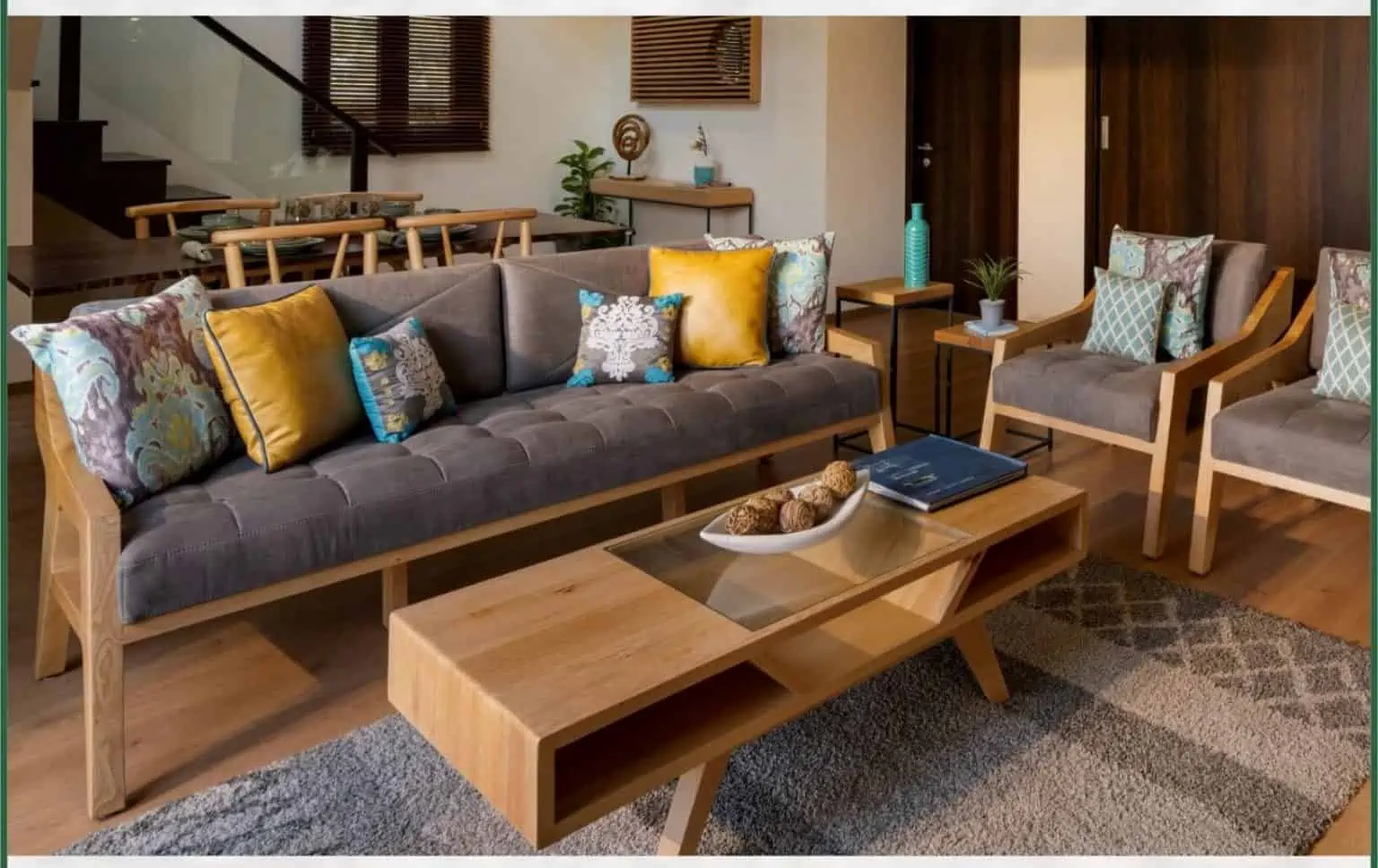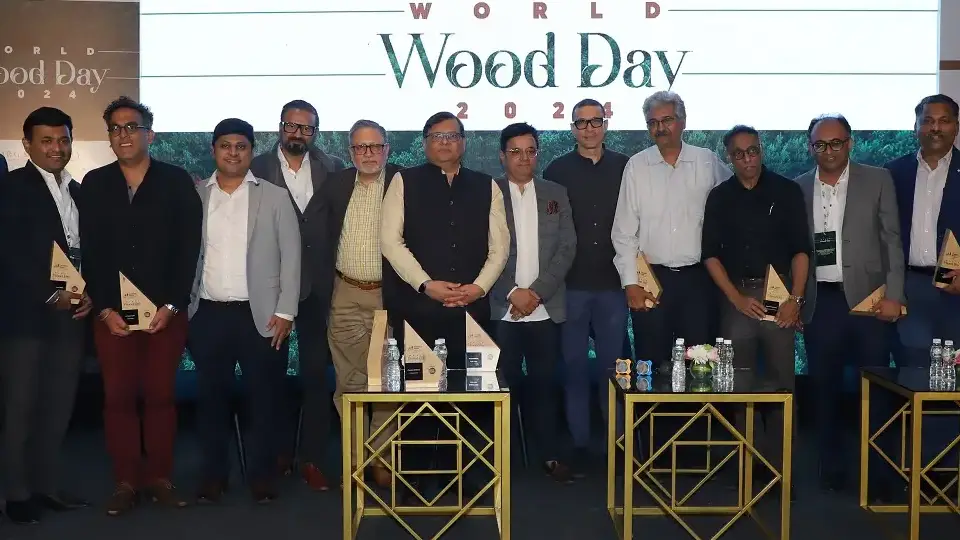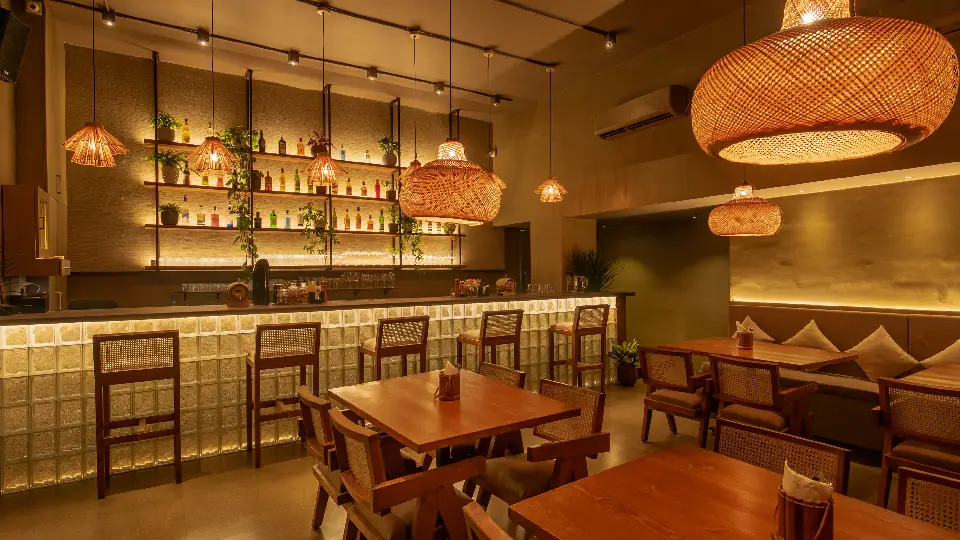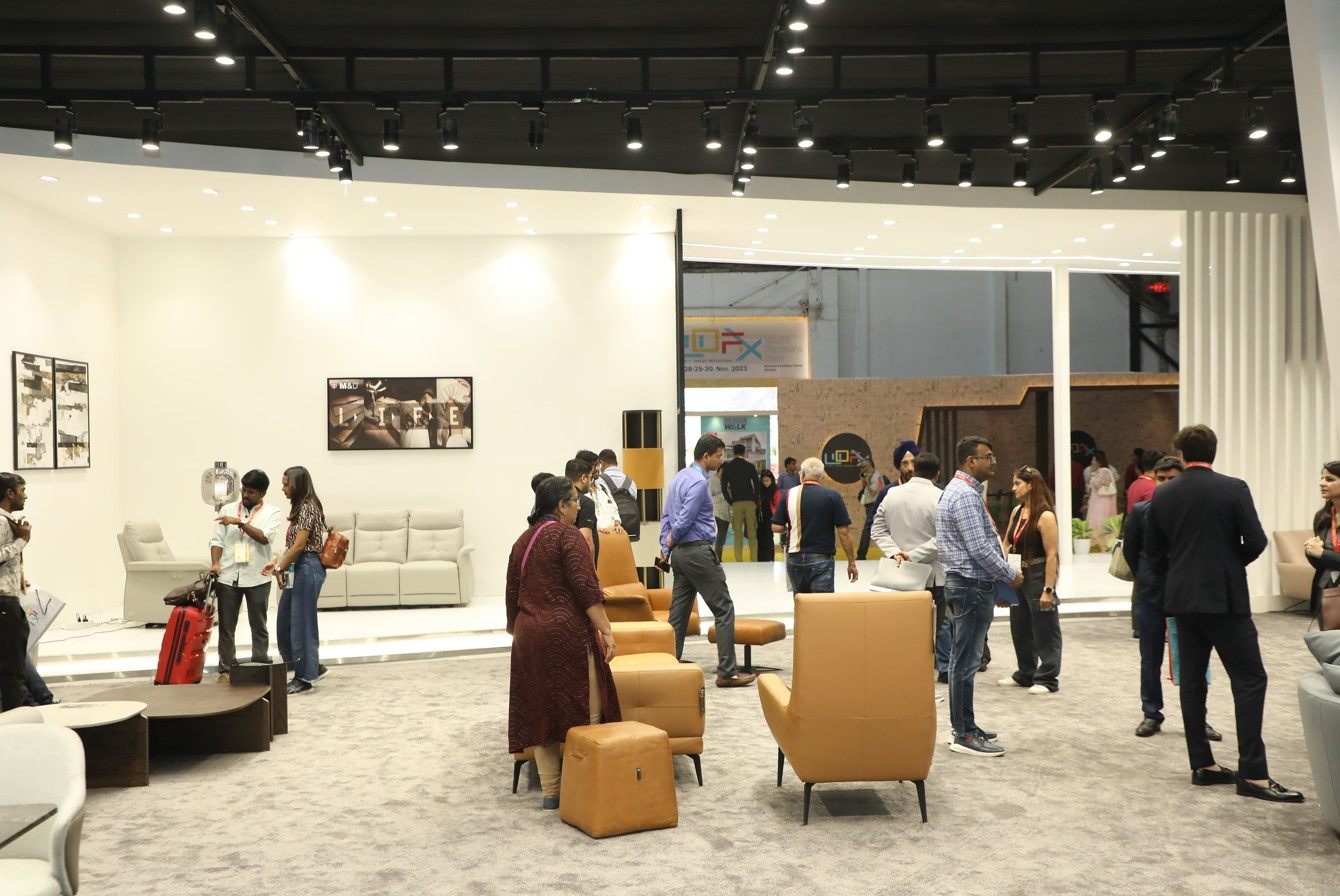Over the past decade, India has witnessed a remarkable surge in its furniture industry, largely propelled by the ‘Make in India’ campaign launched in 2014 by Prime Minister Narendra Modi. Architects have observed a noteworthy shift in the commercial sector, as multinational corporations and corporates, once reliant on imported furniture, increasingly turned to Indian manufacturers amid the campaign’s influence. This transformation was further intensified during the COVID-19 pandemic, with Indian manufacturers adapting to the surge in demand and disruptions in the global supply chain.
Residential sector and changing dynamics
The residential sector also experienced a paradigm shift, with individuals investing in home décor and furniture renovations to accommodate the newfound flexibility of “working from home” prompted by the pandemic. The entry of retail and e-commerce giants, offering standardized products with limited customization, has catered to the rising aspirations of the middle class. The major market share (75-80%) in India continued to be dominated by the unorganized sector, especially, in the residential segment due to its customization advantage.
Current scenario and predictions
Despite the challenges faced by the industry, India’s furniture sector is poised for robust growth in the coming decade. Predicted to become the third-largest economy globally, India is expected to witness a nearly 10% annual growth in its furniture industry. The sector is categorized into five main segments: home furniture, office furniture, hotel furniture, institutional-based products, and hospital-based products.
Drivers of growth
Several factors are expected to drive this growth, including increased investments in infrastructure development, a rising population, an increase in demand for home-office setups, rising disposable incomes, improved standards of living, as well as the growth of the travel industry.
Image Source: canadianwood.in
Evolution of the furniture industry in India
The furniture industry is evolving in response to global trends, emphasizing carbon neutrality as well as sustainability. Sustainable materials like wood are making a comeback, with an emphasis on recyclable content in metals and exploration of biodegradable products and waste-derived raw materials.
Every detail of the furniture is being revisited or innovated so that assembly and disassembly as well as reuse of the product is possible. Latest technology along with visualization softwares and 3D printing will continue to aid the designers in innovations and sustainability, as well as assist customers in customization.
Challenges faced by the Indian furniture industry
The industry faces challenges such as high production costs compared to competitor countries, like China, Malaysia, Vietnam, Poland, and Italy, primarily due to import duties on raw materials, transport expenses, and other overheads.
The key challenges confronting the Indian furniture industry include:
- Inadequate commercial forestation practices
- Difficulties in utilizing bamboo for commercial production
- Insufficient domestic availability of certified wood
- Limited forest area under certification
- High import duties on raw materials
- Lack of policies, standards, and regulations to enforce emission standards in furniture manufacturing
- High transport and logistics costs
- Complexities in the ease of doing business
The way forward
To overcome these challenges, there is a pressing need for a dedicated ministry for the furniture and related manufacturing industry. This ministry should formulate policies and standards to regulate and facilitate industry growth, focusing on environmental sustainability, commercial forestation, and sustainable forest management. As the world turns to wood as a future sustainable and renewable material, the ministry should also adopt a forward-looking policy framework for the integration of the latest technology.
Nurturing a sustainable and technologically advanced furniture industry is not just essential for economic growth but also aligns seamlessly with global trends towards environmental responsibility and innovation.
|
Sheetal is a firm believer in Sustainable Architecture. Therefore, her designs reflect a balance of environmental sensitivity and occupant comfort and well-being while keeping in mind the client’s requirements and budget. Reach out to her at:
|




























